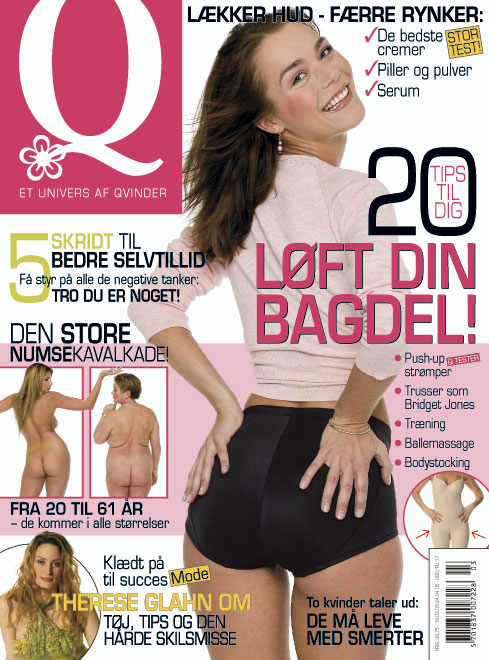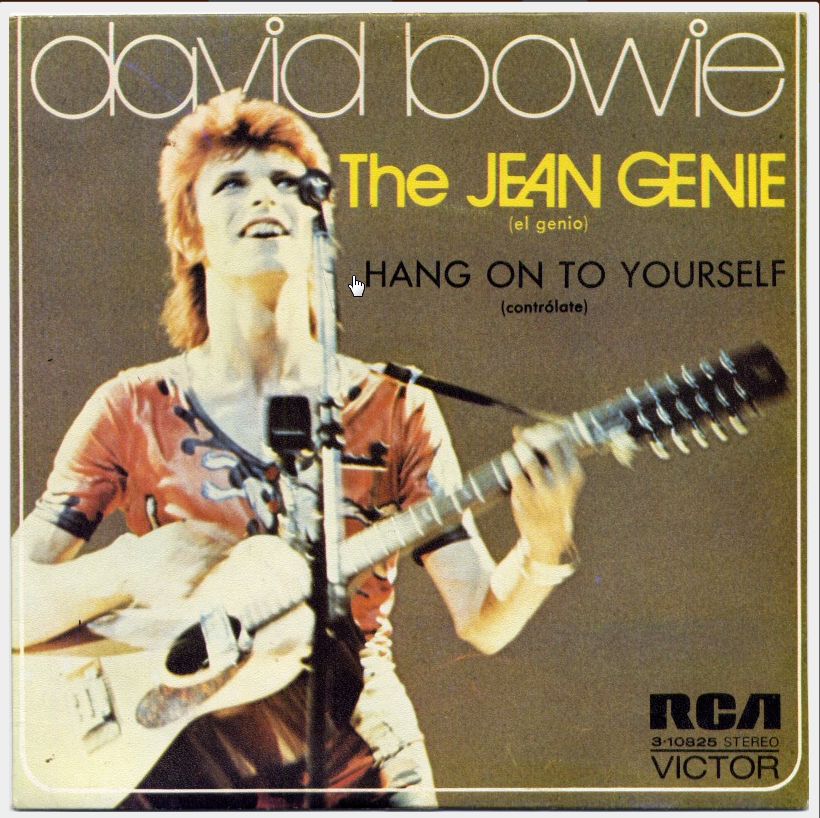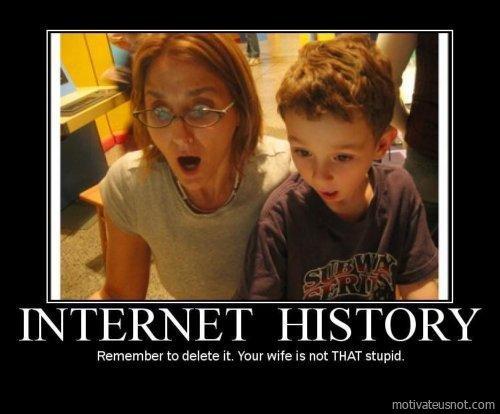The English sentence said “To generate a one-time passcode, please follow these steps…”, which was translated as “For at genere en engangsadgangskode følg venligst følgende trin…” . The problem here is a simple typographical error. Two Danish words look very much alike, but do not mean the same.
Danish ==> English:
At genere ==> To annoy
At generere => To generate
So the Danish sentence above means something to the extent of “In order to annoy a one-time passcode, please follow these steps…” 🙂
But that’s not the only problem with Danish “gene”…
English has the antonyms “Advantage” and “Disadvantage”. In German there is “Voorteil” and “Nachteil”. Basically, just from looking at these words, it is obvious that they are somehow related. Danish is, however, quirky in this department. Even Danes scratch their heads about this one (http://sprogvildkab.blogspot.com/2012/08/bagdele.html . Funny!). You see, in Danish the word for Advantage is “Fordel”, which, like in German, is a combination of “for” (English: for, in favor) and “del” (English: part). The opposite of “Fordel” in Danish is “Gene” or “Ulempe” . There is a fine word “Bagdel”, but that, -to the bemusement and puzzlement of Danes-, means “buttocks, the behind”… Drumroll, please!…. 🙂





